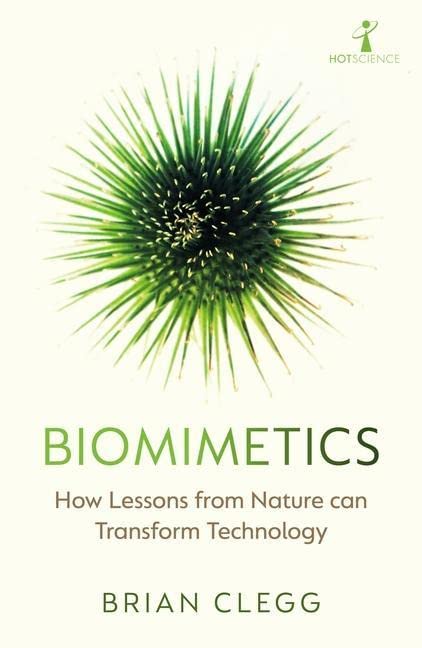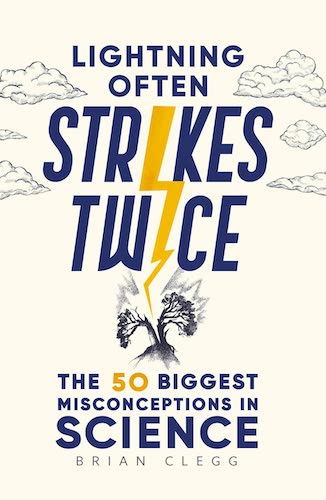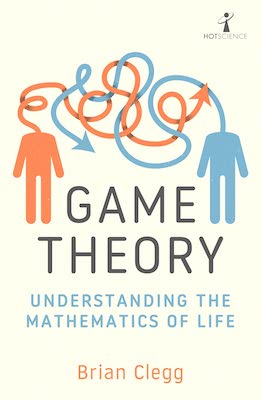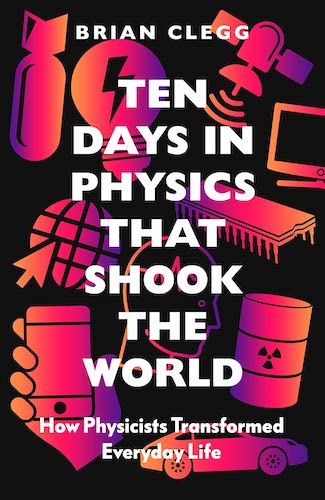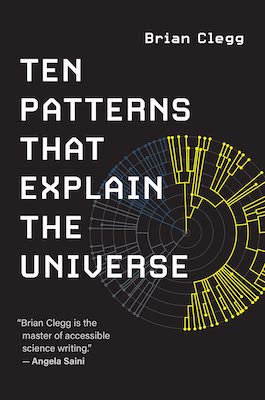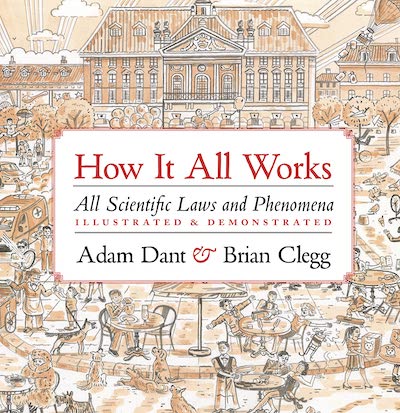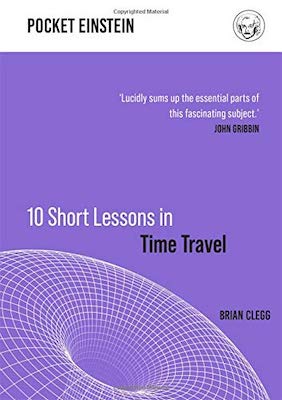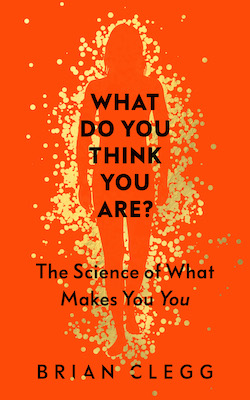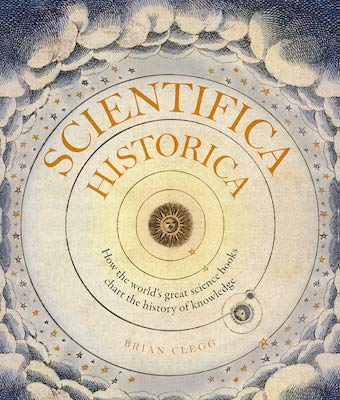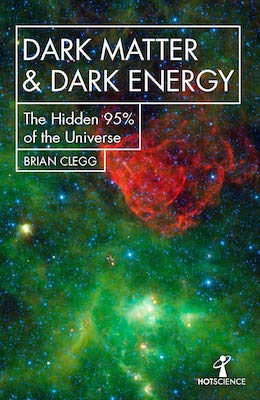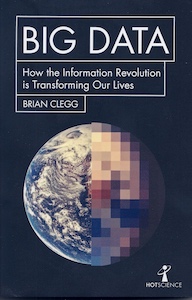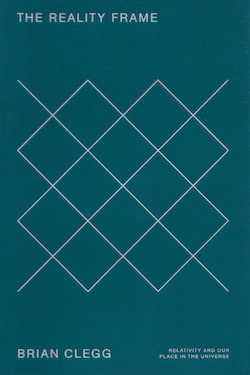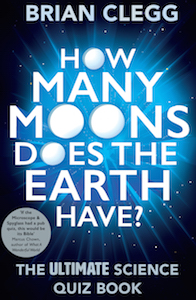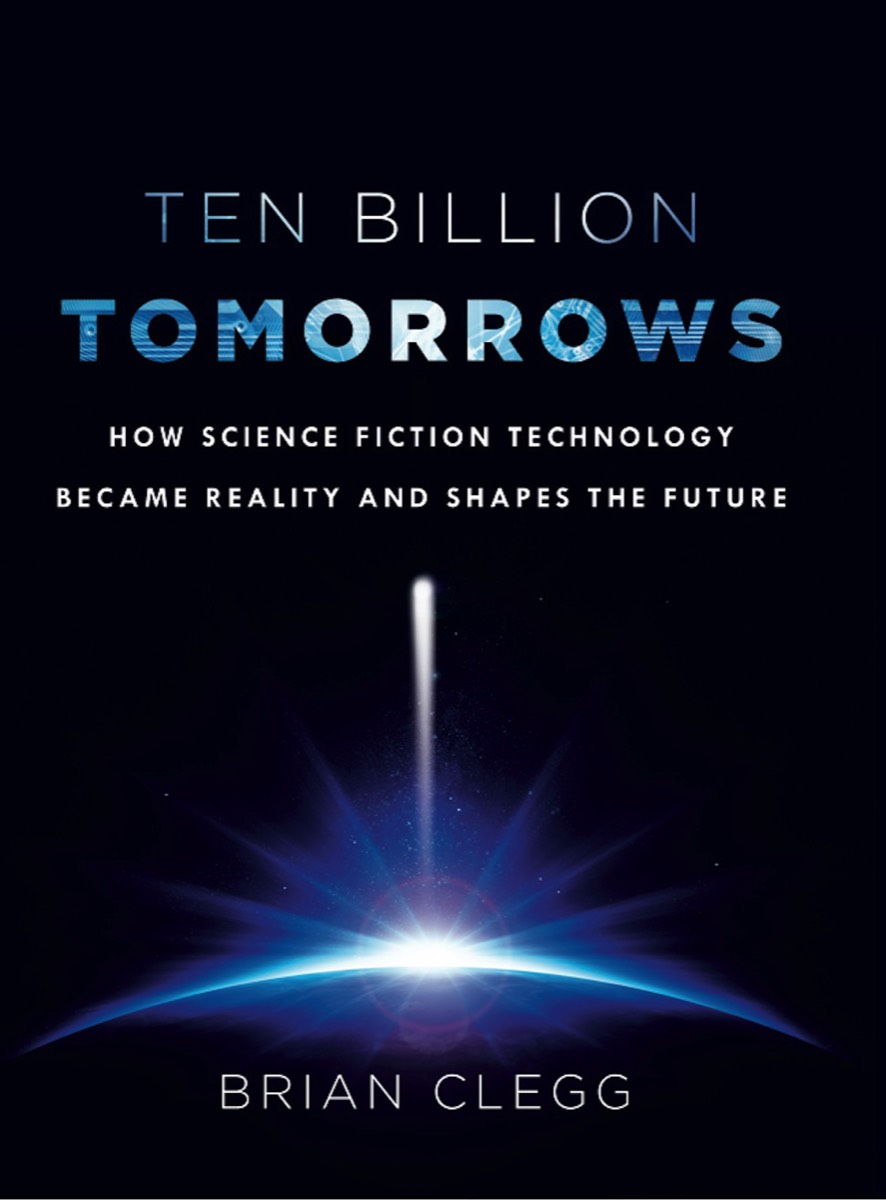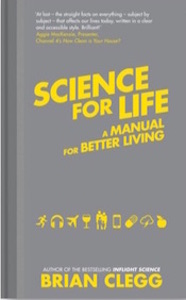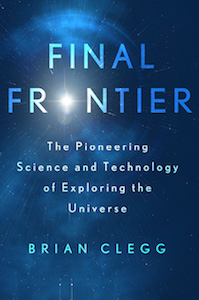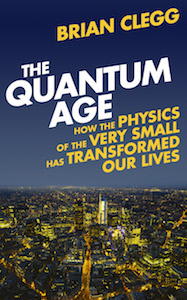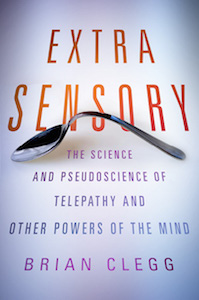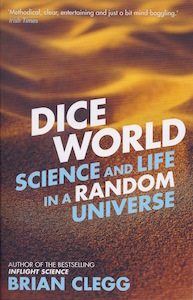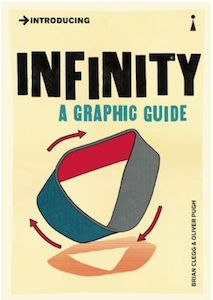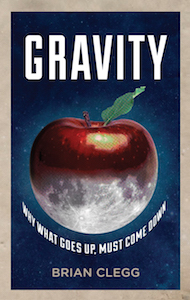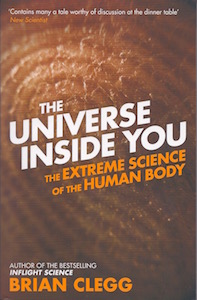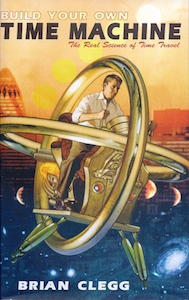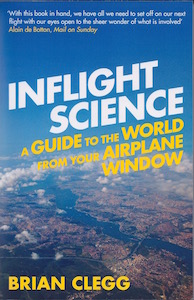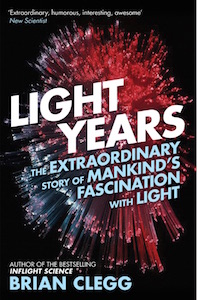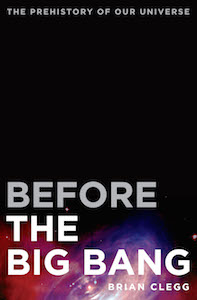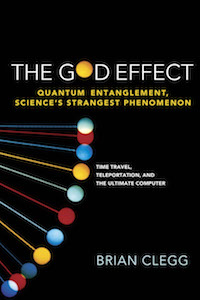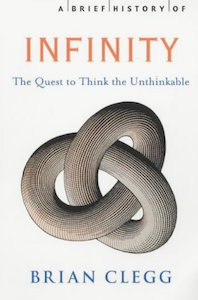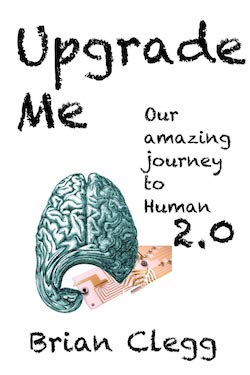
Upgrade Me
a thorough, level-headed, reader-friendly treatment of controversial and complex material
Brian Clegg
In biological terms human beings haven't evolved in 100,000 years - but thanks to our amazing brains, we are able to upgrade ourselves to add capabilities that have taken other creatures millions of years to evolve. Thanks to this "unnatural" evolution, we are already Human 2.0.
In an effort to live longer, become more attractive to the opposite sex, be better able to defend ourselves, make the most of our brains, repair damaged bodies, we have transformed ourselves.
To do this, we have done many things: created artificial skin in the form of clothing, for instance. In the future we will clone human organs for
transplants, and use nanotechnology to provide support for failing functions in the human body.
Now, with a better understanding of the mechanisms of the body, cloning, gene therapy, bionics and other technologies, the rate at which we are changing is becoming ever faster. This process of upgrading is nothing new. It has been around for millennia, and it raises some challenging questions, such as:
• What will the future hold for us
• Will our drive to upgrade continue to give positive benefits or will it result in the destruction of humanity?
• Where is our evolutionary survival headed?
Sure to cause much debate, Upgrade Me is science journalist, and Popular Science website editor Brian Clegg's ambitious and brilliant account of humanity's need to upgrade.
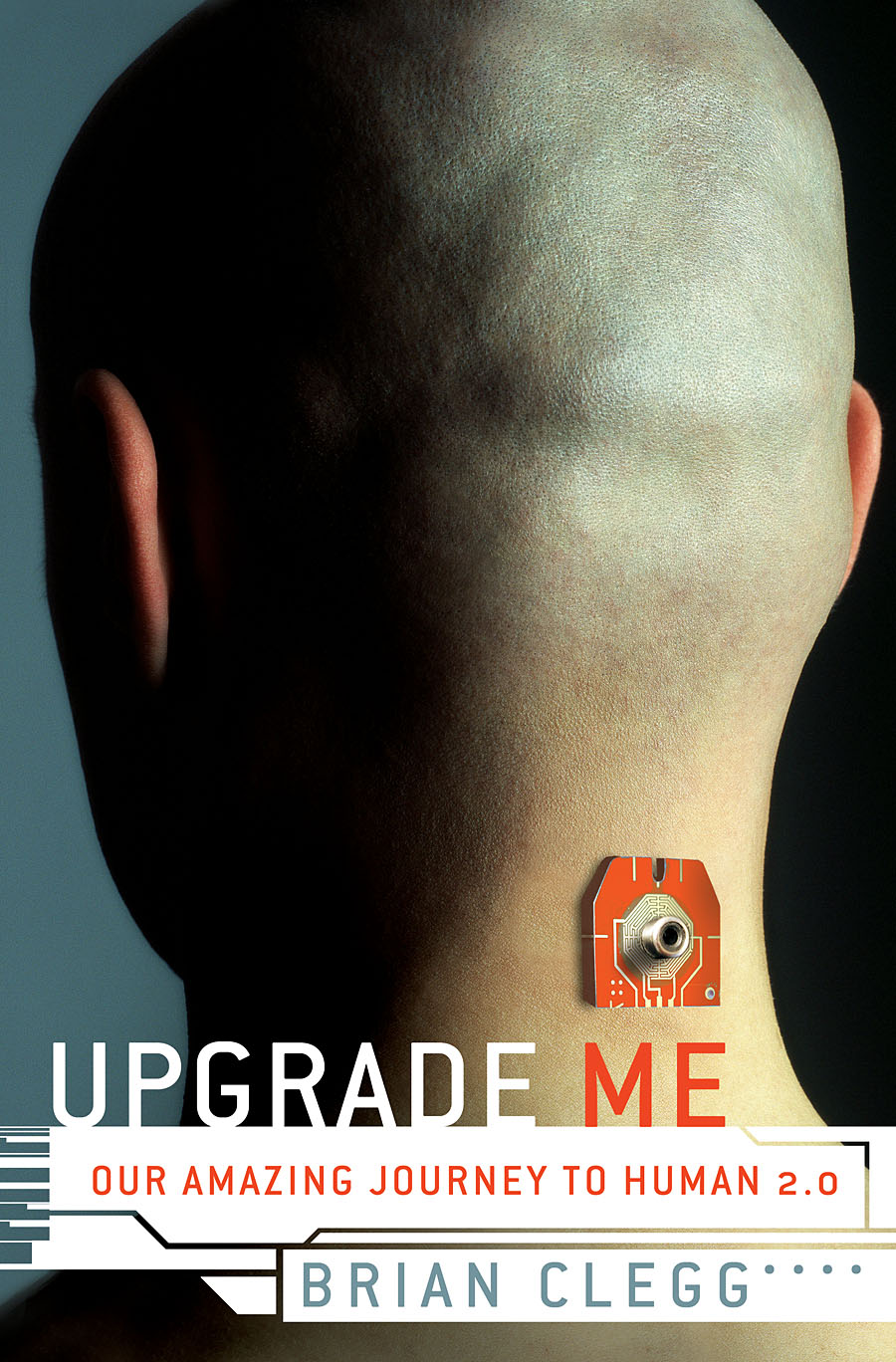
If you’d like a signed copy - it makes a great gift - purchase direct below when available. If you want a personalised inscription, just drop Brian an email at the same time with the details.
Paperback
Kindle
Using these links earns us commission at no cost to you
Reviews
Couching his discussion of mankind’s next steps in the context of human evolution, and especially the past 100,000 years of our own “directed enhancement,” author and science writer Clegg (The God Effect, A Brief History of Infinity, etc.) challenges the assumptions of futurologists, and their opponents, to produce a fascinating and readily graspable vision of our past and future. While rejecting extreme predictions from tech-obsessed prognosticators like Ray Kurzweil, Clegg embraces technology of all kinds, from clothing to domesticated dogs to gene therapy, arguing that the ability to move “beyond our biology” (to “live longer… make the most of our brains, and to repair damaged bodies”) is inherent to the species. When “prehumans” faced predators on the savannah five million years ago, natural selection favored those inclined to cooperate, a trait likely associated with more juvenile characteristics (dovetailing with humans’ lack of hair and relatively small physique). Then, a hundred thousand years ago, a genetic change allowed humans to see beyond the here and now—”to dream, to plan, to anticipate”—and kicked off the unnatural evolution of human invention. Zeroing in on the evolutionary torches picked up by old and emerging technology, Clegg takes a balanced look at the possibilities of biotechnologies like cloning, nanoscopic machines and brain-enhancing drugs or chips. Clegg’s latest will engage scientists and lay readers with a thorough, level-headed, reader-friendly treatment of controversial and complex material. - Publishers Weekly
For those worried about the future of mankind, U.K. author Brian Clegg has a simple message: We're already living it. Clegg explores our species' evolution -- biological and otherwise -- in this intriguing new work of popular science....
Clegg argues that we've been "upgrading" ourselves for millennia with technologies we now take for granted, including such autonomous "tools" as dogs, artificial light, clothing, cooking, agriculture and, of course, weapons. What makes Clegg's argument so fascinating is the way he extrapolates developments up to the present and the future. Our ancestors picking up rocks to strike with led to an arms race that is still ongoing.
But it's not all clubs and spears. "Writing as a technology was pivotal," he writes, in that increased our innovation exponentially. As well, common languages such as Latin and English enable us to share knowledge, while mathematics expands our ability to think in the abstract.
Clegg writes with a good dose of humour and doesn't fall for the futurologists' hype over techniques for prolonging human life, such as cybernetics and gene therapy. He notes pointedly that "all purveyors of immortality are now dead."
He also lightens the history and technospeak with pop-culture references, from the Matrix movies to Buffy the Vampire Slayer TV series. He's careful to distinguish actual predictions from fictional dystopias, though talk of genetic engineering may remind some of Aldous Huxley's novel Brave New World...
On the other hand, he also skewers nostalgia for the "good old days," when all work was done by the sweat of one's brow. People in the past didn't revel in problems such as high infant mortality or work hazards -- they tried to overcome them...
This brave new world around us is the one we've made, for better or for worse. Clegg's Upgrade Me is a thought-provoking look at how we got here, and where we might be headed. - David Jon Fuller, What’s On Winnipeg
The biologists tell us that we are no different from the original humans a hundred thousand years ago. This remarkable book shows how we have become much more than human 1.0. - Dr Peet Morris, Department of Experimental Psychology, University of Oxford
Links to purchase books earn us commission at no cost to you




